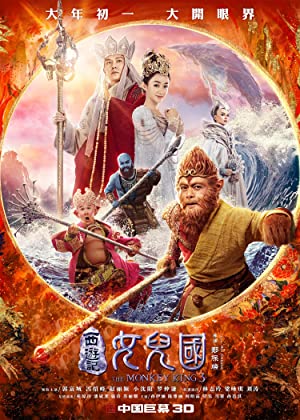

Feng was born in an affluent family of Shanghai. He displayed his interests in acting and performance from a young age. Influenced by his mother, an art enthusiast, Feng entered the Shanghai Theater Academy and studied acting. After he graduated in 2001, Feng chose an acting career and worked as a television actor for ten years before rising to fame overnight with his performance in a period drama, Palace (2011). Feng soon turned his focus to film, and intends to pursue a diverse mix of roles. In Hong men yan chuan qi (2011), he gives a distinctive performance by playing a tragic hero, Xiang Yu. Feng challenges himself in Di Renjie: Shen du long wang (2013) with intensive Kung Fu fight scenes. In the award-wining biopic Huang jin shi dai (2014) directed by Ann Hui, Feng plays a controversial left-wing writer, Xiao Jun, and develops a love-hate relationship with one of China's greatest modern writer, Xiao Hong. Feng also displays his comedian talents in box-office hits like Hua pi 2 (2012) and Hou hui wu qi (2014). Handpicked by director Jean-Jacques Annaud, he stars the Chinese-French corporation The Last Wolf (2015), which is adapted from the renowned best-seller of the same name. Feng played a college student went to inner Mongolia during the Cultural Evolution. Feng also develops an interest in fantasy films after filming Xi you ji zhi: Sun Wukong san da Baigu Jing (2016), in which he plays the famous Monk Tang Sanzang, along with megastar Li Gong and Aaron Kwok, going on the journey to the West. He stars China's first Sci-Fi movie, The Three-Body Problem: I (2017), based on the first translated novel winning the Hugo Award. Further, Feng takes producing duties behind the scenes in the fantasy TV shows that he stars, such as Huan Cheng (2016) and The Starry Night, the Starry Sea (2017). Shaofeng Feng is now one of the leading actors of his generation by keeping a balance between commercial hits and artistic films. - IMDb Mini Biography By: Frontal Cortex
